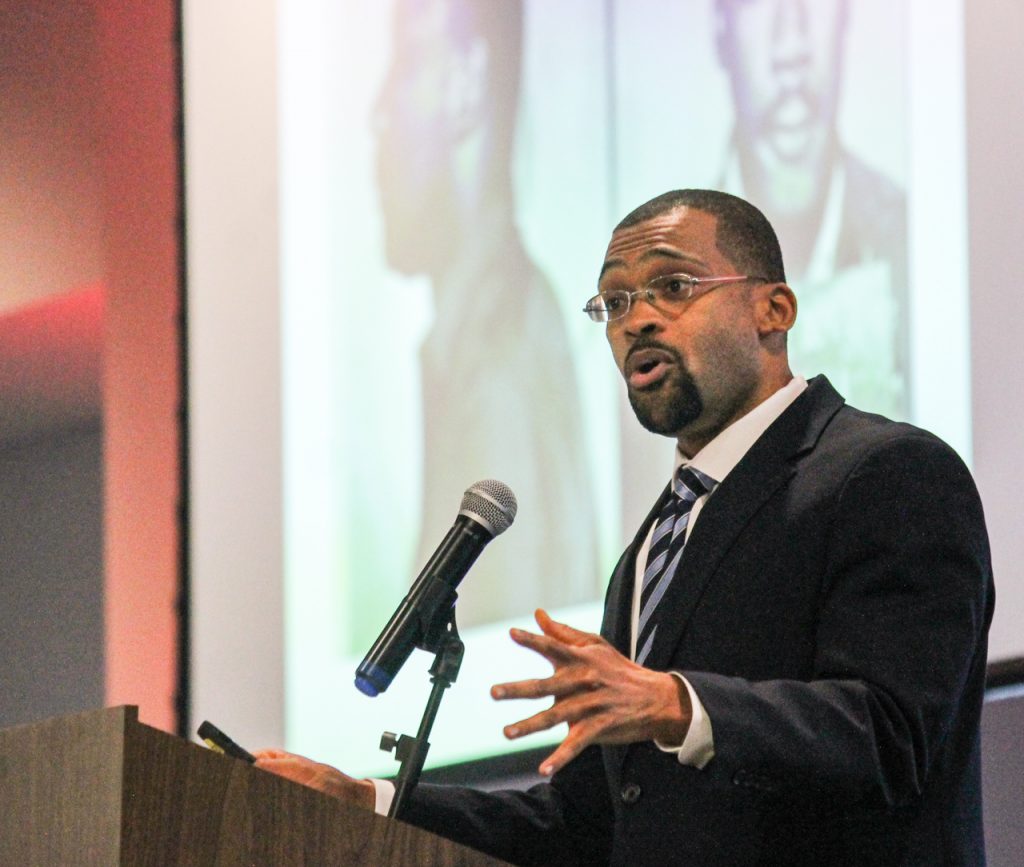Whenever I told people that I was going to live and study in South Africa for this semester, I was met with an array of reactions that represent the ever-changing, consistently well-meaning cast of characters in my life.
I received overwhelming support from many –– presented as a South African birding guide from a dear professor, South African news articles from friends and countless affirmations that I will learn so, so much. Yet, for all of the well-wishes, I was also met with the sometimes poorly hidden belief that it just wasn’t a good idea to come here.
“Africa, really? That sounds nice and all, but can’t you go somewhere less dangerous, maybe Europe?” suggested a concerned friend, lumping all of Africa together.
“You’re not going to get yourself kidnapped or killed, are you?” laughed the nurse injecting the typhoid vaccine into my upper arm, creating an army green bruise on my ivory skin.
Despite my desire to experience this country for myself, statistics of violence against women mixed with anecdotes of petty theft took up residence in my mind before leaving.
Now, I’m sitting in a coffee shop in Durban, South Africa, mulling over my first week of chicken-scratch notes from class.
One barely legible heading reads: “the modernization of racism.”
If you were to ask my professor about this idea, he would probably say something along the lines of how modern racism is much more sophisticated, has international credibility and is frequently disguised as a matter of competence rather than race.
Remove the jargon, and this idea feels familiar to me, a white girl from Mississippi.
An example reads, “You just don’t go there; it isn’t safe.” I, certainly, am a lifelong recipient and perpetuator of similar sage advice.
When I was younger, I was told (by white people) that the predominantly black city school in my hometown was just a “bad“ school. Shootings. Drugs. Gangs. Simply put, it was dangerous, and, of course, I believed it.
In high school, I finally met students who went to this school. I became jealous of their countless AP classes, their abundance of extracurriculars, their robust athletics –– their opportunities. Safety included!
In reality, the city school, the “black” school, was likely the better public school. I doubt if the local segregation academy is worth the money to avoid such a dangerous situation.
There are countless euphemisms that serve as guardrails against places, cultures and ideas that I (and people who look like me) may or may not explore.
According to the culture I grew up in, there are certain schools that you would prefer for your children to attend, certain people you just don’t date and certain areas of town that are too dangerous for someone like you to visit.
There are certain ideas that you don’t need to push –– why bring up reparations and reopen old wounds? There are nicer, safer, whiter countries for you to visit. We make black and brown humans the other, and it is in our own best interests to stay away. At least, that’s so often the narrative that we are told.
When I leave the coffee shop, I return to my new neighborhood, which the white barista described as “ghetto.” On the way, I pass people who do not look like me and whose languages I cannot speak.
With our feet propped up on the back porch, my host father and I share stories of our lives and our childhoods. He speaks of the legacy of apartheid and the pain it brought his friends and family. I just listen.
He teaches me Zulu. Nothing about this feels “ghetto.”
If the statistics of petty crime and violence are true, I will take my professor’s advice and question why that might be so and what systems or policies or myths have made that so.
When my thoughts return to the all too familiar warnings of danger, I will try to decipher where the real dangers abound.
Ainsley Ash is a junior public policy leadership major from Meridian.















